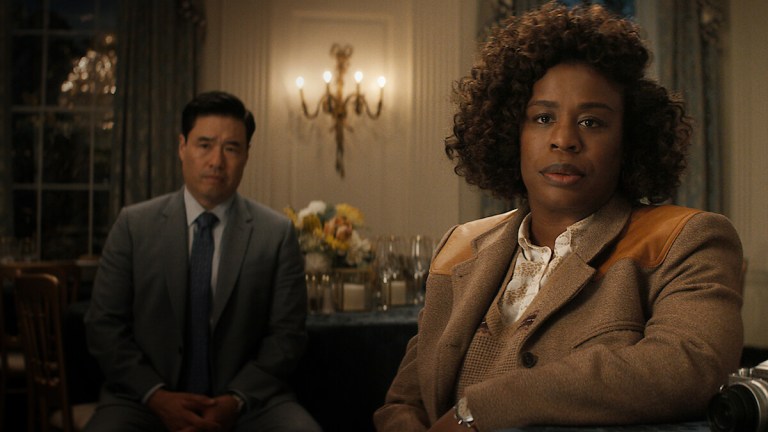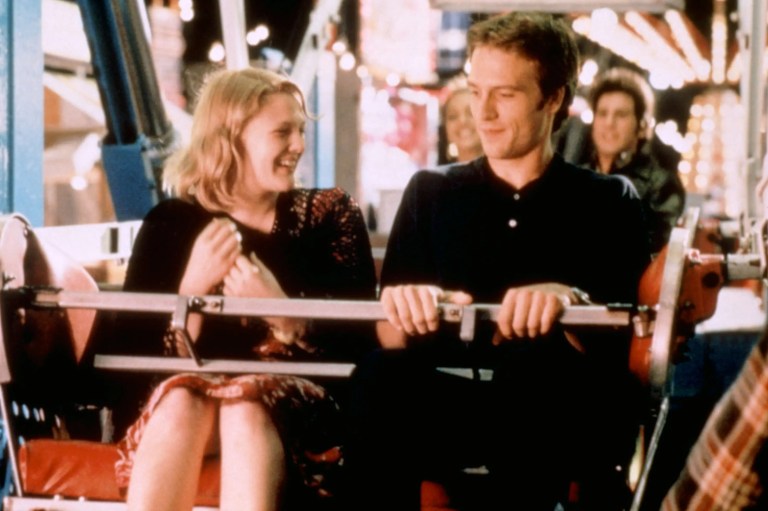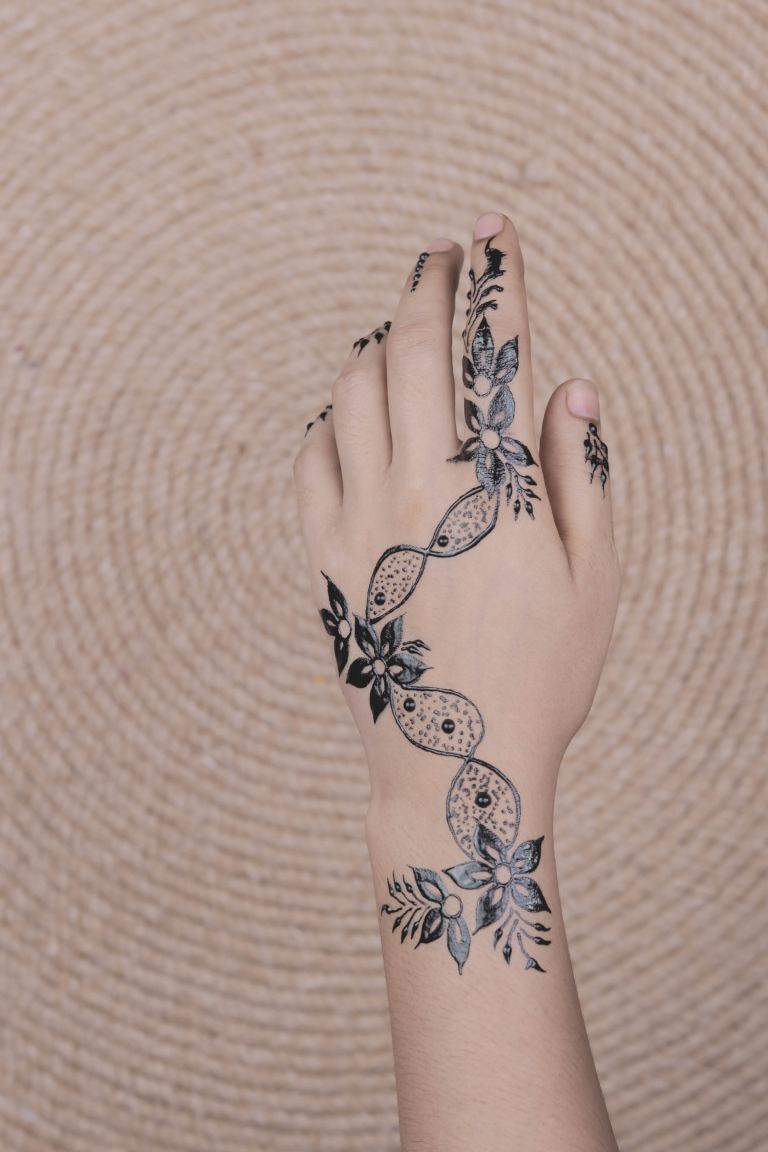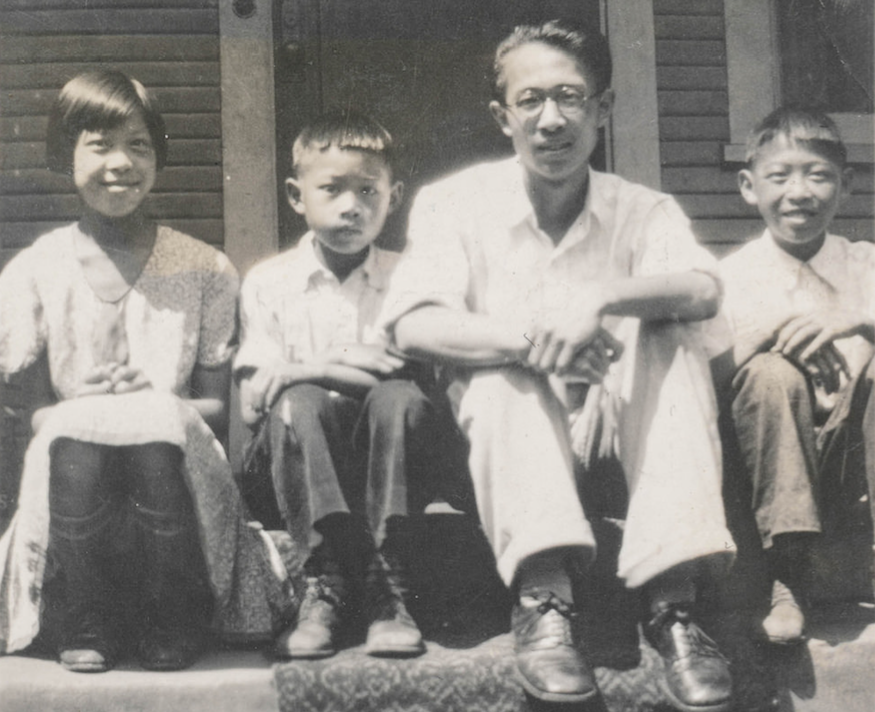
4 Reasons People Think It Is Okay To Be Racist Towards Asians
By ![]() Hillary Li
Hillary Li
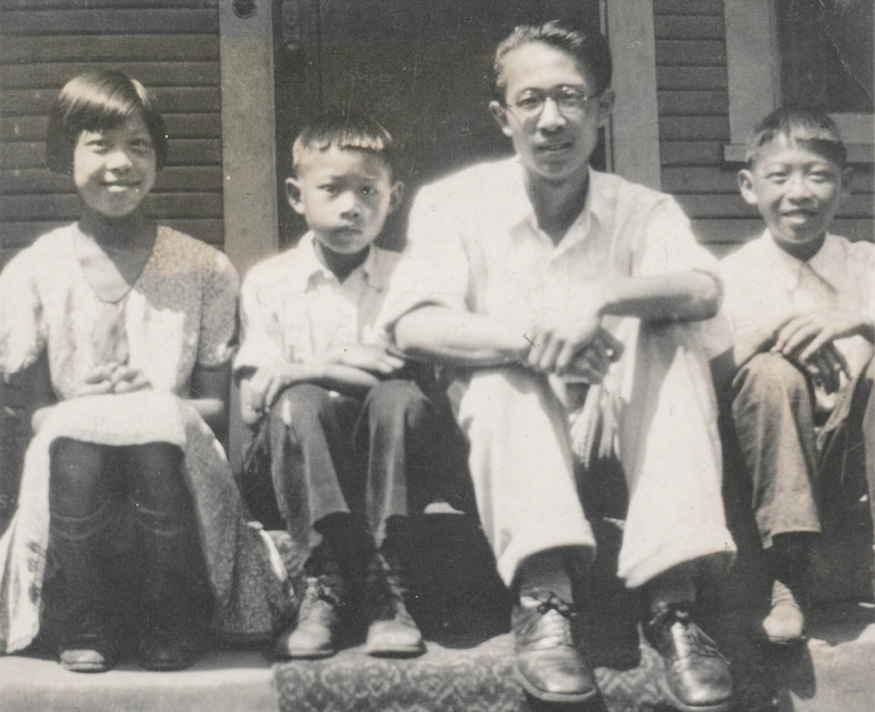
At the Oscars, Chris Rock, who ironically made it a point to address the lack of diverse representation at the awards ceremony, also made an insensitive joke that played to Asian American stereotypes and child labor. You can watch a clip here:
https://www.youtube.com/watch?v=psMlijqjryo
…and by the way, those are not those children’s real names. At that same ceremony, Sacha Baron Cohen made a crude joke referring to Asians as “hard-working yellow people with tiny dongs.” These were both during an Oscars that was being held in the midst of a lot of controversy over the fact that all of the nominations were given to white actors, and that was trying to be intentional about increasing the diversity and cultural sensitivity of Hollywood as a whole. There were racist jokes made about Asians at an event that was intentionally trying to stop being racist. Think about that.
On a more personal level, my Asian American friends and I commonly face instances of micro- and macro-aggressions that offend my sense of racial identity. When we hang out, people in law school have addressed us as “the Asians.” This may not seem like a big deal, but I have never heard anyone publicly address a group of black people as “the Blacks” or a group of Hispanic people as “the Hispanics.” I think that that would come across as clearly insensitive, because it is. But we, “the Asians,” get it all the time. I’ve also been asked so many times about my math and science skills (of which I have none), been told I must be a bad driver, and been addressed in almost every East Asian language I can imagine – “ni hao,” “konichiwa,” and a more generic”ching chong” are the most common ones.
The internet backlash over the jokes made about Asians at the Oscars was swift, and my reaction to racist comments in my life is usually the same. However, a lot of the response has been that we as Asians shouldn’t be so sensitive, implying that our concerns are not legitimate. So that in itself, as well as the examples I have discussed, raises an important question that I want to address: Why is it seemingly acceptable to be racist towards Asians despite the ongoing conversations in society about racial justice for minorities?
Here’s what I think.
1. The Conversation About Race In America Is Largely Black and White
To be very clear, I do not mean to say that the Black community does not deserve the respect they are getting. They do, and they deserve far more than they are getting now. However, because the main narratives of civil rights in the United States center around the oppression of black people by white people, Asian Americans and other minorities are often left out. Students don’t always learn in depth about the Chinese Exclusion Act or Japanese internment growing up. There is generally less conversation about the racism and discrimination faced by Asians in and out of academia.
I am not trying to blame anyone for this, and I think that recognizing it can help us all work together in a more effective way. We need to find space for the Asian American narrative in the conversation about race. Also, if we as minorities can learn from one another’s struggles and successes, we can better stand in solidarity with each other, and promote a stronger sense of cultural sensitivity and inclusion across the board. While our experiences are by no means the same, we are all here to promote cultural acceptance and diverse representation, and if we are cognizant of these common goals, we can help propel the racial justice movement forward together.
2. Asian Americans Do Not Have As Strong Of A History Of Fighting Back Against Discrimination
Based on cultural norms and societal reinforcement of those norms, Asian Americans are less involved in protests, social justice, and activism than are other minority groups. Asian Americans are also still the most commonly bullied minority group, in part because we do not have a history of fighting back. I think this is in part based on cultural differences and oppression that Asians have faced for speaking up in our native countries. When I was younger, I know I personally was told by my parents and my teachers to stay quiet, do my work, and not express my opinions too boldly. I was told that as a Chinese American and as a woman, I needed to be gentle, demure, and calm. My parents are also big on avoiding confrontation, so that was not something that I learned how to do productively growing up. I internalized the fact that I should deal with my own feelings and issues myself, without making a fuss or talking to anyone else, for a long time.
3. When Asian Americans Do Speak Out, We Are Often Criticized For It
An example of this is the recent Peter Liang trial. Police officer Peter Liang was indicted by a grand jury on manslaughter, assault, and other criminal charges after an accidental discharge from his gun hit and killed a man. The controversy that arose was over why Liang was indicted and not granted any leniency after countless white officers who shot black men were let off; thousands of Chinese Americans protested the inconsistency by marching in New York. They felt that Liang was being used as a scapegoat because he was Asian American. One protester said, “it’s easier to hang an Asian, because Asians, they don’t speak up.”
Some of the response to these protests were negative: that while Asian Americans have valid concerns, they do not have the language to effectively express them, and the message now is “clumsy and riddled with contradiction,” according to Jay Caspian King who wrote for The New York Times Magazine. There was also emphasis placed on the fact that Asian Americans were focusing on race too much when the prosecution of the officer was accurate based on the way the criminal justice system should function, ignoring the fact that so many white officers had gone free. Though it is certainly possible that the indictment of Peter Liang was done properly, there was not enough conversation about how this should affect criminal justice reform in the future and too much on attempting to dismiss the concerns of the Asian American protesters.
I want this point to speak directly to Asian Americans reading this. Despite the criticism we may face, we do need to stand up for what we believe in and what is best for our communities. We should not be afraid to show the country who we are and unite against injustice.
4. We Are Labeled The “Model Minority”
So our issues and complaints are often questioned or viewed with skepticism. The idea of Asian Americans as the “model minority” comes with so-called “positive” stereotypes of Asian Americans excelling in academia and careers, and attaining stability and socioeconomic status. The term is very controversial, because it implies that because of the success that Asian Americans are seen to have achieved, they do not face discrimination or they have no need for government or public support (like welfare, affirmative action). It makes people think that we should not be complaining about oppression because of our ability to excel, is used to justify exclusion of Asian Americans from public and private assistance programs, and pits minority groups against each other by implying that other minorities are to blame for not achieving to the level of the “model minority.” Finally, it is also very emotionally damaging to a lot of Asian Americans, who try to live up to the standards that the model minority myth impose.
It is important to recognize that this model minority myth is just that – a myth. The stereotypes that it is based on are not true – there are so many Asian Americans who experience poverty, who are struggling to integrate into American society, who do need assistance. There are so many refugee communities in particular who suffer greatly. Asian Americans are also underrepresented in leadership positions across the board, particularly in careers like business, government, and law. While many Asian Americans have succeeded in the United States, so have many members of other minorities. Additionally, most of the Asian American families who are in the middle to upper class have been in the country for at least 1-2 generations, if not more. We need to recognize that the model minority myth is harmful to Asian Americans as well as to the racial justice movement, and stop using it to justify exclusionary actions.
Asian Americans face racism and discrimination in the United States, and it is largely either ignored or dismissed…or made into a joke. This is not ok. We need to recognize that it is an issue, stop allowing awful jokes like the ones made at the Oscars, and integrate Asian Americans into the conversation about race. We cannot let our narrative be forgotten. ![]()
